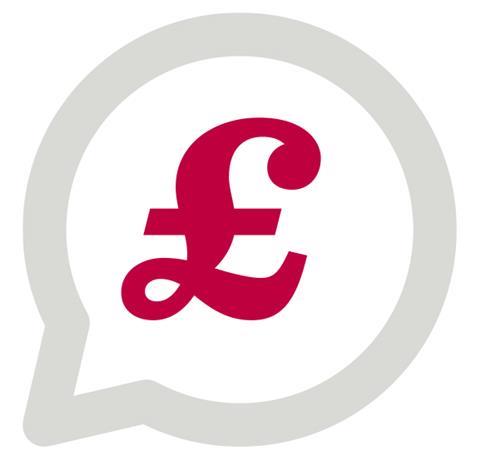
Sometimes it’s really difficult to watch or read the news without thinking that we’ve gone beyond ordinary ‘reality’ and entered the weird realm of the surreal, where nothing makes sense anymore and all logic has been thrown out of the window.
Maybe after the last few years we should all have become completely used to seeing the previously-unthinkable become the new normal; but then you glance at the headlines and see something that just takes us further down the same path toward ‘high-strangeness’.
A short while ago, a (relatively small) electorate of (mainly elderly) Conservative Party voters anointed Liz Truss as the new Prime Minister; a person who initially seemed to have rather few friends even amongst her own party, and of whom the most frequent descriptions appeared to be that she was “incompetent” and “never finished” any job she previously held. The new PM then appointed one of her apparently-few old friends – Kwasi Kwarteng – as the new Chancellor of the Exchequer. So-far, so ‘new normal’- why bother with a general election when you can just slip into your new roles without one.
The new Chancellor declared that he was going to announce a ‘mini-Budget’ within days of Her Late-Majesty’s funeral, but refused to publish the paperwork from the Office of Budget Responsibility that usually goes with such an event – and which essentially shows the watching financial markets how the figures stack-up. Or don’t. And so, we had a ‘mini-Budget’ that appeared to promise massive tax cuts and government spending at the same time, to be achieved by massive government borrowing. At which point even most of the Conservative MPs in the House of Commons fell awkwardly quiet.
Unfortunately, the reaction of financial markets worldwide wasn’t so restrained. Within minutes the value of the Pound Sterling started to plummet against the US Dollar, the Euro, and just about every other currency used in international trade. It has since continued to slide – against the US Dollar in particular – despite the Bank of England raising interest rates, which at the time of writing are already at a 14-year high of 2.25% (a figure which might have a warm, rosy glow about it by the time you actually read this) and which the Bank has already warned can only go in one direction. Again, at the time of writing the Pound has fallen to $1.06, and there have already been reports that holidaymakers are finding that the retail exchange rate of the pound against the Euro has fallen to below 1:1 - which means they were paying more than £1.00 to buy 1 Euro. Almost inevitably, it seems that the £ might possibly be worth less than $1 in the near-future. And again, these figures (abysmal as they are) might look ‘good’ a few weeks from now.
As far as the British economy is concerned, remember that oil is traded in US Dollars; every time the value of the Pound drops by another cent relative to the Dollar, the price of oil imports goes up in this country. It might take a few weeks for recent events to feed through to the petrol pumps, but have no doubt that they will. And then we’ll hear the usual suspects moaning about why Diesel is going to hit £2 per litre by the end of autumn. Only this time we can’t blame the Russians or OPEC – this is distinctly a home-made crisis. But that’s not all. As the cost of oil (and almost every other import) rises, so will the overall rate of inflation. The Bank of England is basically required to try and keep inflation to a target figure of 2% per year; it also has a responsibility for keeping the value of the Pound at a reasonable level against a basket of foreign currencies – the main ones including the US Dollar and the Euro. The Bank has really only one ‘tool’ to use against inflation, and that is the Interest rate, which not by coincidence also affects the value of the Pound. Got tool, will use.
The Bank will raise interest rates in an attempt to counter the damage done by the Chancellor’s mini-Budget; already we’re seeing mortgage-lenders withdraw existing offers in anticipation that the next round will be at much higher rates of interest. Another effect will be to push-up the cost of every-day borrowing, both for businesses and consumers: overdrafts, credit cards, and any other borrowing that isn’t ‘fixed’ for any period, will become more expensive.
The petrol retail industry is going to see the cost of its’ basic product rise, the costs of funding the business operation increasing at the same time and its’ customers having their spending-power cut by general price rises. That’s not a recipe for success – whatever the promised ‘tax cuts’ are supposed to do. Tax is only relevant to businesses actually making a profit and customers who have a source of income – not of much relevance to businesses that go bust or consumers who find themselves unemployed.
Let’s not forget that while there has been some attempt by the government to limit the forthcoming energy price rises, they are still going to have a severe impact on all consumers and businesses. At the same time the demands for wage rises are still growing daily and due to labour-shortages (at least in part from Brexit) those wage rises are going to become inevitable. Which undoubtedly means that the Bank of England will raise interest rates further. The old inflationary vicious circle, especially remembered by anyone who was around in the 1970’s and 1980’s.
Undeterred by the near-unanimous criticism from the financial industry, the International Monetary Fund, almost every economist around and even many of his own party, the Chancellor appears committed to more of the same in another “Autumn Statement” sometime in November. Still, at the rate at which bizarre things happen these days, there must be at least some reasonable doubt whether he, the Prime Minister or even the present government will still be in office by then. Even in the event of an (almost politically-inconceivable) U-turn of massive proportions before then, the damage has already been done, and continues to get worse day-by-day. The lunatics have really taken over the asylum.
EKW Group provides accounting and payroll solutions for independent petroleum and convenience dealers, including fully outsourced accounting options:
01942 816512
ekwgroup.co.uk





















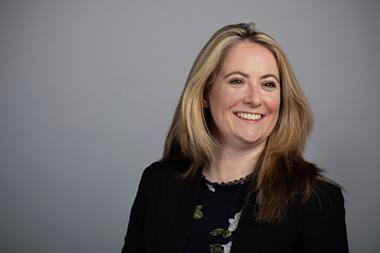
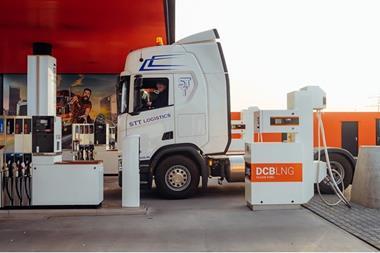


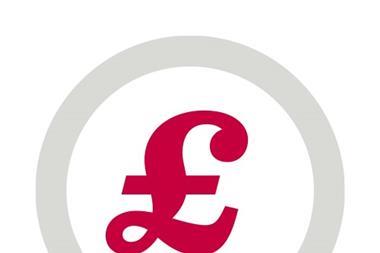
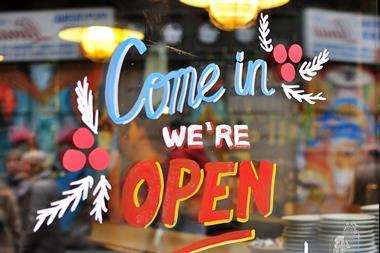






No comments yet